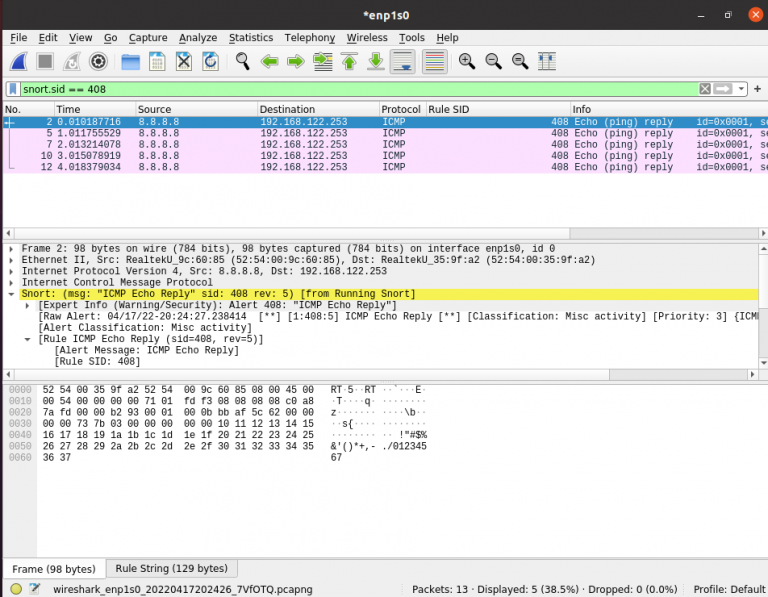


Unfiltered means that the port is known by nmap to be closed and no firewall/filter seems to be interfering with nmap’s attempts to determine this. Filtered means that a firewall, filter, or other network obstacle is covering the port and preventing nmap from determining whether the port is open. Open means that the target machine will accept() connections on that port. The state is either “open”, “filtered”, or “unfiltered”. Nmap always gives the port’s “well known” service name (if any), number, state, and protocol. The result of running nmap is usually a list of interesting ports on the machine(s) being scanned (if any). Nmap runs on all major computer operating systems, and both console and graphical versions are available. It was designed to rapidly scan large networks, but works fine against single hosts. Nmap uses raw IP packets in novel ways to determine what hosts are available on the network, what services (application name and version) those hosts are offering, what operating systems (and OS versions) they are running, what type of packet filters/firewalls are in use, and dozens of other characteristics.
#SNORT WIRESHARK NETMAP UPGRADE#
Many systems and network administrators also find it useful for tasks such as network inventory, managing service upgrade schedules, and monitoring host or service uptime. Nmap (“Network Mapper”) is a free and open source utility for network exploration and security auditing. Various network security tools are available for Linux which are open source.


 0 kommentar(er)
0 kommentar(er)
